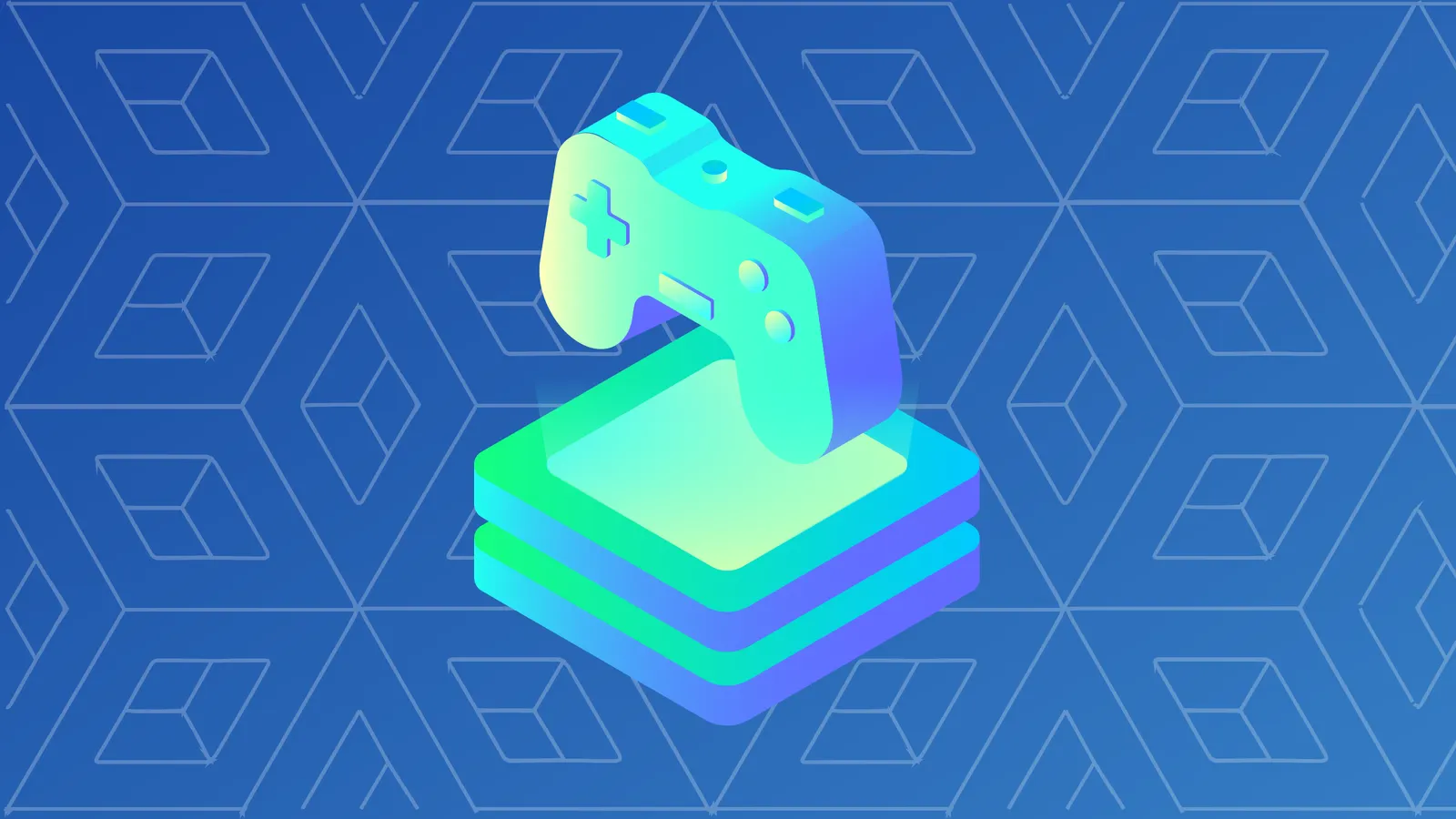A new gaming blockchain has entered the lobby in 2024: Xai.
“Xai is built to enable open trade in the next generation of video games,” the official site says. In its quest to do so, the network aims to reduce fees, offer account abstraction to hide some of those pesky blockchain elements, and empower game creators in the process.
The layer-3 blockchain is developed in part by Offchain Labs, the original creator and primary developer behind the Ethereum layer-2 Arbitrum network that Xai is built on top of. And Xai is getting help from game developer Ex Populus, which will deploy the first games planned to launch on the network in collaboration with the Xai Foundation.
But what does this really mean? We’ve rounded up all you need to know.
What is Xai?
Many crypto users are familiar with the concept of layer-1 blockchains and layer-2 scaling networks built on top of them, but Xai brands itself as a layer-3 network. This is because it’s built atop Ethereum layer-2 scaling network Arbitrum.
In practicality, this means that Xai keeps Arbitrum’s core functionalities the same while tweaking certain aspects of the network for a more targeted experience intended for a specific use case. While Arbitrum is a general layer-2 scaling solution that can be tapped for all kinds of apps, Xai specifically caters to the needs of gamers and game developers alike.
For example, Xai offers account abstraction—meaning it’ll hide confusing parts from users—when it comes to the blockchain wallet and account experience. The network also provides developers with increased gas and contract limits.
Most notably, the Xai site says that it “introduces parallel processing and advancements for enhanced scalability, efficiency, and cost reduction.” That’s on top of Arbitrum’s existing layer-2 approach, which handles transactions away from the Ethereum mainnet to do so at a lower cost and greater volume via its optimistic rollup tech.
By reducing fees and increasing transaction times, Xai aims to create a smoother gaming experience while embracing the unique elements that make blockchain gaming what it is—such as true ownership of unique, in-game items, as well as tokenized economies.
“The cheaper and faster we can make things,” Ex Populus co-founder and CEO Tobias Batton told Decrypt, “the better experience we can provide users.”
What is the XAI token?
Kicking off 2024 with a bang, 125 million XAI tokens (5% of the token supply) were airdropped to gamers, according to the Xai Foundation. The airdrop’s total value was nearly $70 million at launch, growing to $140 million less than a week later.
The XAI token’s primary purpose is to be used as the gas fee token on the layer-3 blockchain. But there are also potential benefits, as XAI tokens can be exchanged for esXAI (or escrowed XAI) tokens and staked to earn interest-like rewards.
Once you have staked your esXAI tokens, you're able to participate in staking pools. Coming in Q4 2024, you’ll also be able to participate in governance as well as gain “exclusive access” to special events and assets associated with projects on the Xai blockchain.
Which games are building on Xai?
All of this technical stuff is great, but a gaming network is ultimately defined by the games on it. After all, no one would buy a PS5 if it had no games. So which games are being built on Xai?
With Ex Populus as a key partner, the developer has committed its suite of games to the layer-3 network. Currently, we know two of the games that are in development by Ex Populus: rogue-lite auto-battler Final Form, and hover car action shooter LAMOverse. But the studio’s website also states that an open-world experience is currently in pre-production, with details still to be announced.
Outside of this partnership, early this year it was announced that Crypto Unicorns and its related NFT games will migrate from Ethereum sidechain network Polygon to Xai. Crypto Unicorns NFTs have generated $35 million of trading volume. The switch was motivated primarily due to “challenges” that arose when operating a game on Polygon, the team told Decrypt, namely in the form of network gas fee spikes.
After that, a prominent indie gaming curator called The MIX, or The Media Indie Exchange, said that it plans to launch over 100 games on Xai before the end of 2024. While what games will be launched on the network is yet to be confirmed, Xai said that “many” of the games are already on Steam and will be reworked to benefit from blockchain tech.
This means that it's likely that currently Web2 games are going to get Web3 functionality using Xai, which The MIX suggests will bear a “striking resemblance” to how Valve allows players to buy and sell Counter-Strike: Global Offensive in-game items.
Most recently, Reboot, the crypto gaming protocol powering Pixel Vault’s flagship game BattlePlan, announced an alliance with the Xai Foundation to migrate the game to the network. Sometime this quarter, BattlePlan will move one layer deeper from Arbitrum Nova to Xai in an attempt to “enhance player experience.”
Pack your bags, we’re moving to… pic.twitter.com/tctC7wAdMG
— Reboot (@rebootgg_) April 3, 2024
How staking works on Xai
As an incentive to keep users on the network and reward them for supporting its consensus model, Xai began rolling out staking across two waves.
Version one allowed owners of Sentry Nodes—which are responsible for monitoring and flagging blocks on the Xai network—to stake up to 25,000 esXAI they hold. Then, in April, version two was rolled out, which opened the gates to any holder of esXAI.
Now, staking pools can be created by Sentry Key holders—the NFT is used to operate a Sentry Node to support the network—and then anyone can stake esXAI in the pools that have been created. Pool operators can determine the distribution of pooled network rewards, specifying the percentages allocated to themselves, Sentry Key-holding stakers, and standard esXAI stakers.
Xai also introduced a tier system where the higher the tier of a staking pool, based on the amount of esXAI staked, the greater the reward multiplier for the staked Sentry Keys.
For example, if 500,000 esXAI is staked, then the Sentry Key will see a 3x reward multiplier. This starts at "bronze" with no bonus reward, but climbs all the way up to "diamond," which has a 6x reward multiplier.
The future
Xai is like an onion: It has layers. As a layer-3 blockchain, it attempts to improve on the layers that came before it to optimize the gaming experience. Peel back more layers and you find a robust token and staking system with governance in layers to come.
Of course, the one layer that’s still a bit thin as of this writing concerns the actual games themselves build on top of the network. But based on the announcements thus far, it appears those games are coming.
Edited by Andrew Hayward






